
CPSA IN 2022
Recognizing Resilience
CPSA’s annual report highlights our activities from the past year using a combination of regulatory statistics, financials and department summaries. We also take this opportunity to share key milestones and valuable learnings that will guide us moving forward.
CPSA’s 2022 annual report proudly recognizes the resilience of healthcare providers, partners and patients as we work together to strengthen Alberta’s healthcare system and ensure safe, high-quality and equitable care for all.
Resiliency through storytelling
Department summaries
-
All physicians, physician assistants and medical learners must be registered with CPSA before they practise medicine in Alberta. We review each applicant’s education and qualifications, and assess skills when needed to ensure patients receive the highest quality of care. Registered members reaffirm their skills and professional development on an annual basis to renew their practice permit. We have the same expectations of all physicians, including locums, physicians with Canadian credentials and those with international training, to ensure they practice safely and competently.
In 2022, international medical graduates (IMGs) made up nearly 35 per cent of Alberta’s physician workforce. Before these physicians could practise in Alberta, they each had to complete a Practice Readiness Assessment (PRA)—the final step to independent practice in Alberta for those who do not have complete Canadian credentials. Recognizing the growing need for physicians providing community-based care, we announced a five-year pilot project to condense the PRA for IMGs with training comparable to that obtained in Canadian universities. The goal of the pilot, which launched in early 2023, is to evaluate whether certain IMGs may begin independently practising in their identified communities faster, while still ensuring patient safety is the top priority.
-
Part of CPSA’s responsibility as Alberta’s medical regulator is to ensure physicians and physician assistants maintain the combined knowledge, skills, attitude and judgment required to provide safe, high-quality health care.
CPSA’s team in Continuing Competence works with physicians throughout their careers, providing education and resources to support them in quality assurance and improvement. Our goal is to foster a culture of self-reflection and ongoing improvement, so physicians can perform at their best and in turn, give their patients the care they need. CPSA develops Continuing Competence programs in collaboration with partners such as the faculties of medicine at the Universities of Alberta and Calgary, Alberta Health Services and Alberta Health, and by continuously involving regulated members, leveraging their expertise and gathering feedback through Committees and consultations.
Due to a change in legislation, CPSA’s Continuing Competence team spent much of 2022 developing a Continuing Competence standard of practice to capture all current competence requirements for regulated members previously found in provincial regulation. The standard went out for consultation in June 2022 and was implemented in spring 2023. Development of a Continuing Competence Program Manual also began in 2022 to support the standard and provide clarity for physicians on our competence programs.
-
CPSA is the only medical regulator in Canada with an Analytics, Innovation and Research (AIR) team. Comprised of our Physician Prescribing Practices (PPP) program, Alberta’s Tracked Prescription Program (TPP Alberta) and the Research & Evaluation Unit (REVU), AIR is dedicated to using cutting-edge technologies, data-based research and analytics tools to facilitate evidence-based decisions, drive innovation and enhance patient care.
PPP supports patient-centered care, collaboration and practice improvement. Their delivery of tools like MD Snapshot-Prescribing (which provides prescribers with quarterly data on their opioid, benzodiazepine/z-drug and antibiotic prescribing) gives regulated members the information they need to increase prescribing awareness, make evidence-based prescribing decisions and identify opportunities to improve the care they provide.
TPP Alberta has been monitoring the use of prescription drugs prone to misuse since 1986. CPSA administers the program on behalf of several healthcare partner organizations across the province, who use the data collected by TPP to optimize prescribing and promote safe patient care.
Applying quantitative, qualitative and mixed-method approaches to research, REVU focuses on evaluating the effectiveness of existing CPSA programs, supports the development of new initiatives and supports factual, evidence-based medical regulation.
To enhance and improve MD Snapshot-Prescribing, in 2022 the PPP team laid the groundwork to add a reporting section on prescribing for new opioid patients. With recent evidence identifying factors associated with long-term opioid use, this data can be used by prescribers to support positive outcomes and enhanced patient care.
Also in 2022, members of the AIR team and researchers from partner organizations created a machine learning model to help physicians better predict which patients taking opioids may be at risk of adverse outcomes. Their study, Development and Validation of a Machine Learning Model to Estimate Risk of Adverse Outcomes Within 30 Days of Opioid Dispensation, analyzed over six million opioid dispensations between 2018 and 2019 to predict the risk of emergency department visits, hospitalization or death within 30 days of an opioid prescription.
Throughout the year, the REVU team presented original research across Canada and internationally at several scientific and regulatory conferences, on topics ranging from tapering and discontinuation of opioids, to factors that influence physician performance, to physician burnout. REVU also collaborated with physicians, researchers, policymakers and data analysts at Alberta Health, the University of Alberta, the University of Calgary, the Alberta College of Optometrists, the Medical Council of Canada and other regulators in Canada, on projects and initiatives aiming to improve physician performance and overall evidence-based regulatory excellence.
-
Over the course of their careers, regulated members may develop a health condition that impacts their ability to continue providing care to their patients. In those circumstances, our Physician Health Monitoring Program (PHMP) works with the regulated member in a confidential manner, so they can continue providing safe, high-quality care to their patients. When appropriate and with the regulated member’s consent, we will also collaborate with their health providers and the Alberta Medical Association’s Physician and Family Support Program.
In 2022, we marked the 30th anniversary of CPSA’s Physicians’ Continuing Care Committee, the precursor of PHMP. Over the years, PHMP has evolved into a diverse program that covers a wide range of health concerns, including physical and mental health disorders, substance use disorders, disruptive behaviour, professionalism concerns and more. Throughout this evolution, the program’s goal has always been to help coordinate the safe continuation in or return to practice for regulated members managing a health condition.
-
Most physicians will receive a complaint at some point in their careers and while this can undoubtedly be a stressful experience, the privilege of profession-led regulation comes with a responsibility to hold regulated members accountable to safe, high-quality care.
CPSA’s team in Professional Conduct ensures the complaints process is fair, timely and assessed based on the facts of each individual case. Only 1-2 per cent of complaints result in a formal disciplinary hearing—CPSA is a learning organization and when appropriate, will work with all parties to resolve the complaint and provide the regulated member with opportunities to improve their practice. Working with regulated members on practice improvement is foundational to CPSA’s responsibility of ensuring Albertans receive safe and high-quality care.
In 2022, Professional Conduct continued work on a comprehensive review of their complaints process to improve the experience for complainants and regulated members. The team also spent time laying the groundwork to move physician complaint submissions online for improved accessibility and a streamlined internal process.
Much of Professional Conduct’s reporting changed in 2022 as a result of our comprehensive program revisions and improvements. Further adjustments are coming in 2023 as the team continues working to improve reporting on the complaints process.
-
The Hearing Director’s Office is responsible for managing hearings, complaint review committee meetings, appeals and registration reviews pursuant to the Health Professions Act (HPA). The HDO is also responsible for the recruitment of physician members to Complaint Review Committees and Hearing Tribunals—each has an equal number of physician and public members.
Hearings were previously held in person at CPSA’s offices in Edmonton, with virtual hearings introduced in 2020 so the hearings process could continue during the COVID-19 pandemic. In 2022, the HDO decided to continue with virtual proceedings as they’ve proven to be more accessible to the public and are convenient, inexpensive and offer transparency without sacrificing fairness or the effectiveness of the hearings process. However, the HDO will consider in-person proceedings upon request.
-
If you’ve been for blood work, an x-ray or another diagnostic or out-of-hospital medical service, you were likely in a CPSA-accredited facility. CPSA is responsible for assessing and accrediting these facilities to provide safe, high-quality care that meets our standards. This means Albertans can be confident in the services they receive.
Our Accreditation team works with committees and experts to develop and apply standards that help facilities create cultures of quality improvement, as well as strong assurance systems to keep their progress on track and maintain patient safety. We assess facilities when they first open or anytime they renovate, move or add a new service. We also re-evaluate them every four years or if a complaint or concern is raised.
In 2022, we continued to support patients by accrediting facilities that are part of the Alberta Surgical Initiative. This collaboration with Alberta Health and Alberta Health Services helps reduce surgical wait times while enabling patient access to quality surgical care in non-hospital surgical facilities.
We also reviewed the role of the Medical Facility Accreditation Committee in privileging and modality approvals of regulated members to work in accredited facilities. We determined these decisions are most appropriately placed with the medical directors, who are close to the practice of medicine in their facilities. As of November, medical directors are responsible for making the final decision on clinical privileges, and 2022 will be the last year physician approval statistics are included in CPSA’s annual report.
In support of the Government of Alberta’s amendments to the Mental Health Services Protection Regulation, CPSA has added psychedelic-assisted psychotherapy to the list of prescribed health services that may only be provided by regulated members in CPSA-accredited facilities. Work to develop accreditation standards for psychedelic-assisted psychotherapy began in late 2022, with the final standards anticipated mid-2023.
Facilities we accredit and support
• Cardiac Stress Testing
• Diagnostic Imaging
• Diagnostic Laboratory Medicine
• Hyperbaric Oxygen Therapy
• Neurodiagnostics
• Non-Hospital Surgical Facilities
• Psychedelic-Assisted Psychotherapy Clinics
• Pulmonary Function Diagnostics
• Sleep Medicine Diagnostics
-
Every Albertan deserves high-quality care when they seek medical help. As Alberta’s medical regulator, we are here to ensure patient safety by setting minimum expectations of professional and ethical medical practice in Alberta through CPSA’s Standards of Practice.
CPSA’s Standards of Practice and the Canadian Medical Association’s Code of Ethics and Professionalism (adopted by CPSA) are enforceable under the Health Professions Act (HPA) and often used in CPSA’s complaints and hearings processes.
Our Standards of Practice team regularly reviews our standards to ensure they are up to date and comply with provincial and federal laws and regulations. In 2022, changes to the following laws and regulations had an impact on CPSA’s Standards of Practice:
• Bill C-7: An Act to Amend the Criminal Code (medical assistance in dying)
• Health Professions (Protecting Women and Girls) Amendment Act, 2022
• Health Statutes Amendment Act, 2022 (No. 2)
• Mental Health Services Protection Regulation
As a result of these changes and our usual review process, CPSA initiated four consultations in 2022, during which a total of 282 participants provided feedback. Of the seven standards that were consulted on, five were existing standards and two were newly-created standards.
Existing standards updated:
• Infection Prevention and Control (IPAC) (formerly Reprocessing Medical Equipment )
• Medical Services Requiring Accreditation Outside of Hospitals (rescinded by Council)
• Restricted Activities (formerly Supervision of Restricted Activities)
• Medical Assistance in Dying (MAID)
• Safe Prescribing for Opioid Use Disorder
New standards created:
• Continuing Competence
• Female Genital Mutilation
We also implemented four standards in 2022:
• Virtual Care, formerly Telemedicine (Jan. 1)
• Continuity of Care (April 1)
• Episodic Care (April 1)
• Infection Prevention and Control (IPAC), formerly Reprocessing Medical Equipment (Nov. 1)
Along with our comprehensive standards of practice, CPSA has Advice to the Profession documents to provide additional context and scenario-based guidance, supporting regulated members in understanding and applying the standards to their practice. In 2022, CPSA updated six existing Advice to the Profession documents and published three new ones:
Advice to the Profession documents updated:
• Closing or Leaving a Medical Practice
• Continuity of Care
• Episodic Care
• Safe Prescribing for Opioid Use Disorder
• Social Media
• Virtual Care (formerly Telemedicine)
New Advice to the Profession documents published:
• Physician Assistants
• Professionalism in Public Forums
• Relocating a Medical Practice
-
In addition to the departments responsible for CPSA’s regulatory functions, our organization also has internal departments dedicated to supporting our entire team. At their core, these support departments keep the wheels of our organization turning so we can effectively fulfill our legislated functions and mandate, in addition to carrying out their own work and supporting other departments’ work towards our five strategic directions.
Communications
Our Communications team acts as a strategic partner for all CPSA departments. This team works closely with different groups across the organization to ensure information is clear, accessible and reaches the right audience through the right communications channel at the right time.
Information Management
Information Management encompasses Information Technology, Records Management, Privacy, and data and network security. This department is responsible for providing our team with the right tools and technology to carry out our work, while also setting guidelines for storing, sending and handling confidential and non-confidential information. Our Privacy team also manages privacy breaches and access requests for sensitive information.
Office of the Registrar
The Office of the Registrar includes the Registrar, Chief of Staff, In-house Legal Counsel, and Governance and Policy teams, who work together to provide leadership, as well as strategic, legal and administrative support to Council and CPSA.
Operations
Our Operations department includes our Office Administration, Payroll and Accounting teams. This multifaceted group keeps our office running smoothly and efficiently, upholding our fiduciary responsibility by handling CPSA’s finances.
People & Culture
People & Culture is responsible for supporting our team members and ensuring a positive, safe work environment at CPSA. This department sets our employment policies that make CPSA a desirable employer, oversees recruitment and retention, runs our people-focused programs and encourages team members’ growth and success through performance development. People & Culture also champions CPSA’s respect in the workplace and equity, diversity and inclusion initiatives.
Looking for complete statistics and financials?
View the print version of CPSA's 2022 annual report.















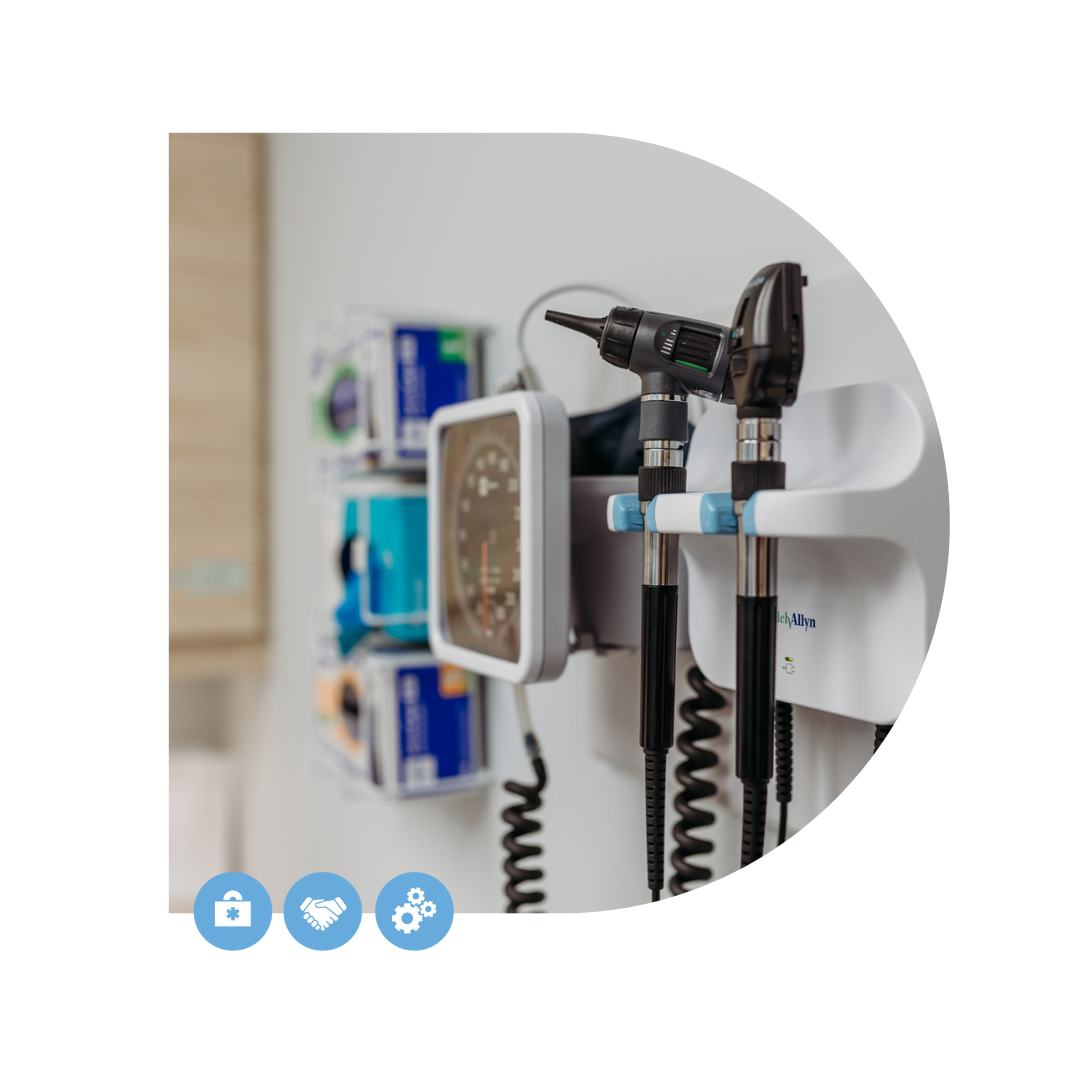
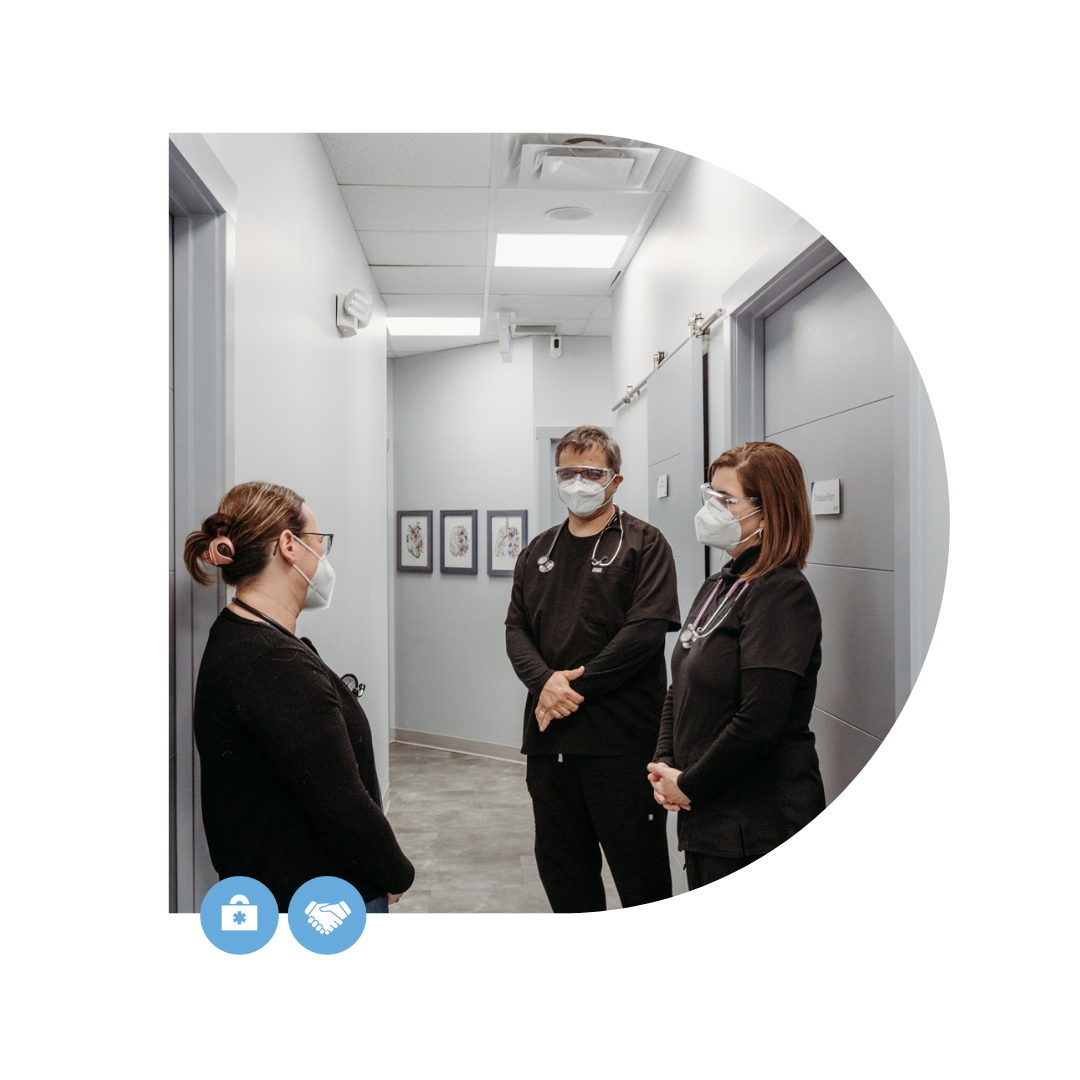

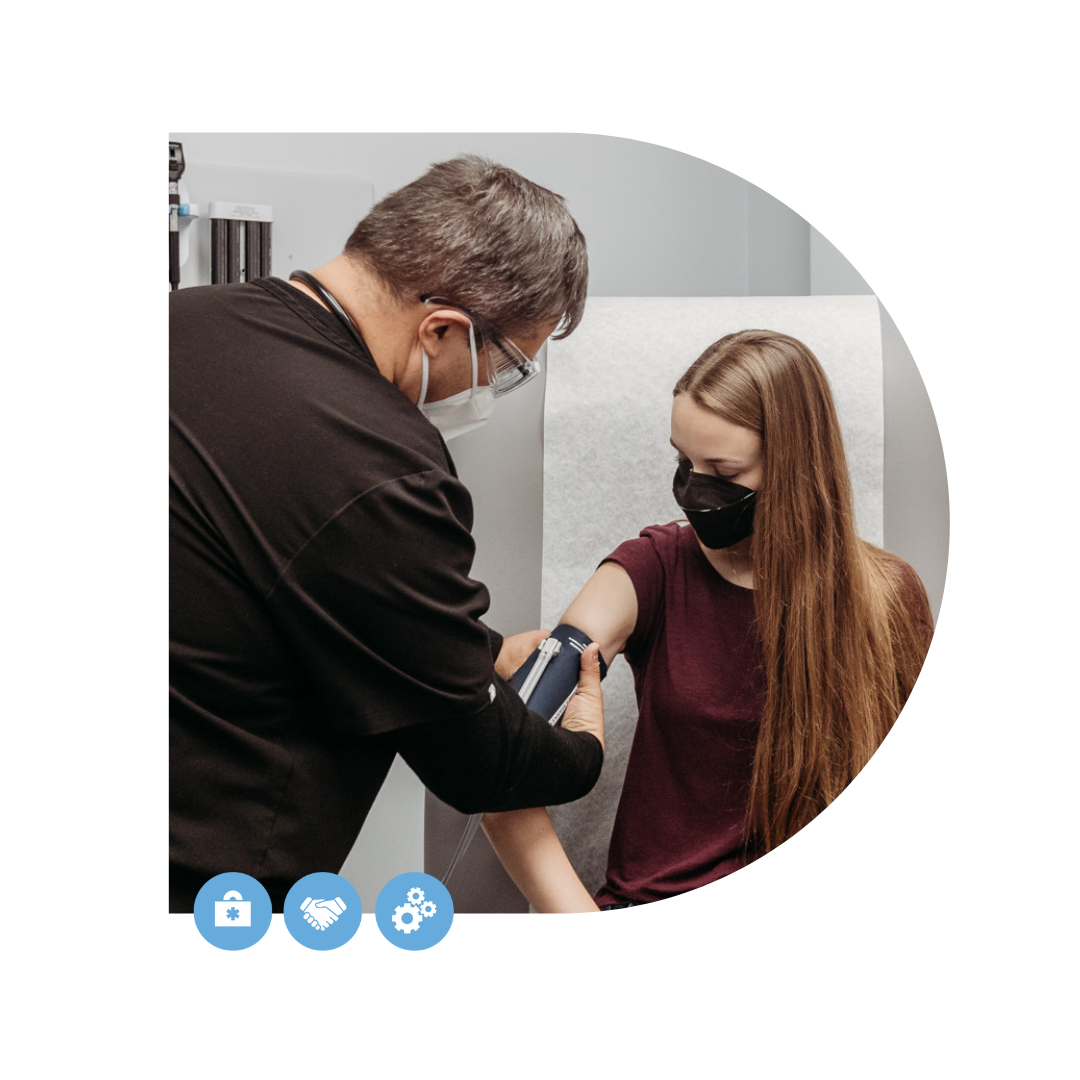
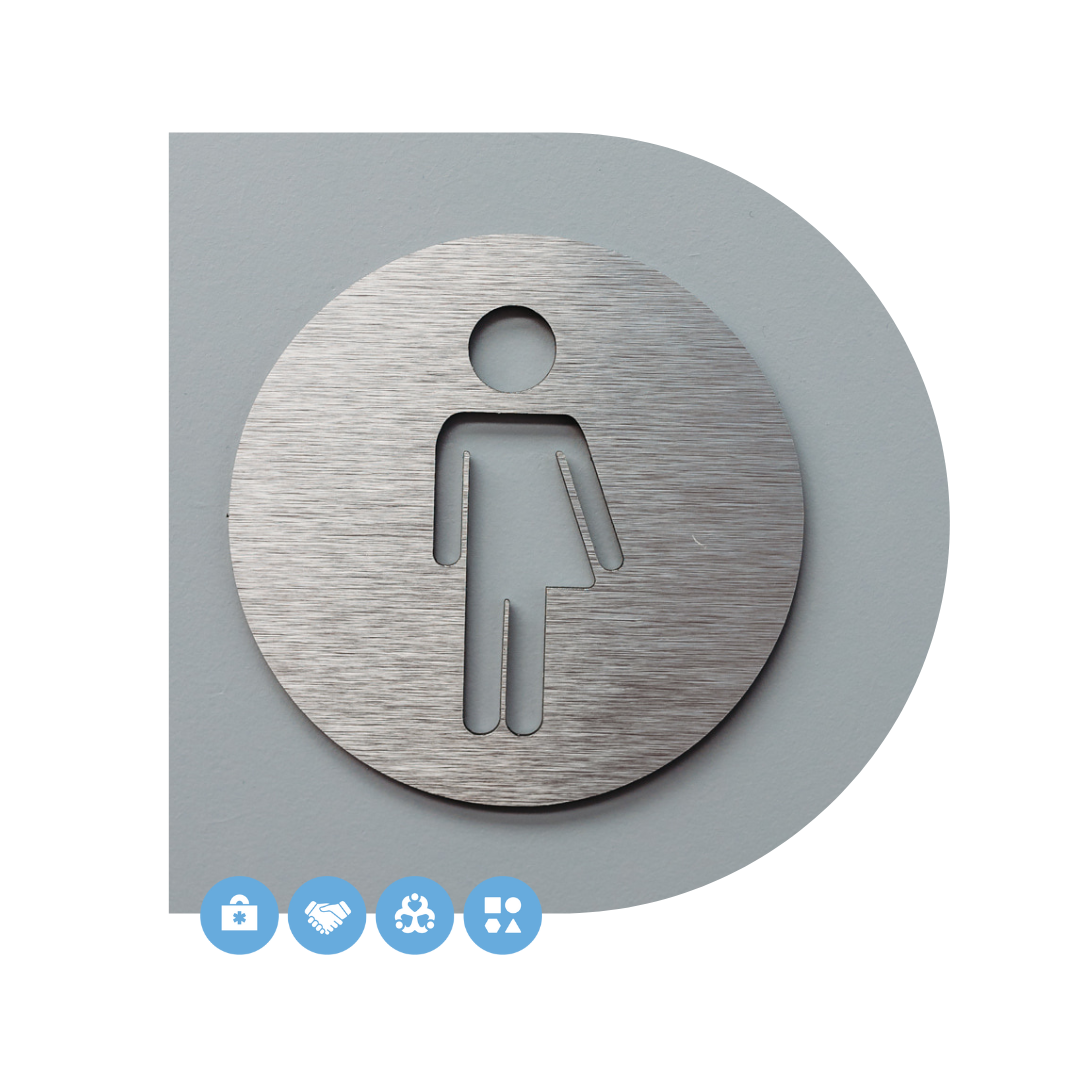

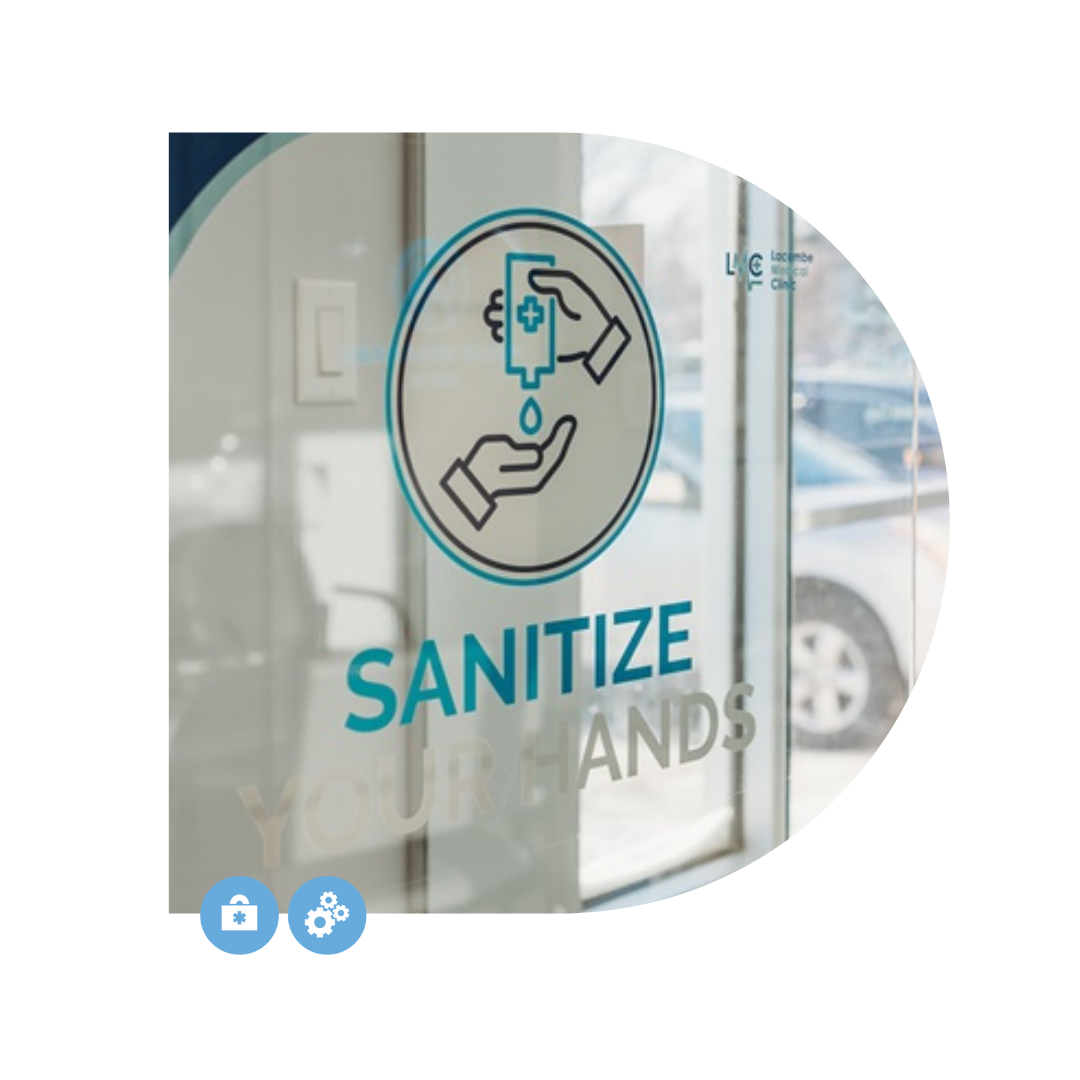




With a significant shift in culture and expectations, it’s safe to say that virtual care is here to stay. Learn more about virtual care in the Alberta healthcare setting.